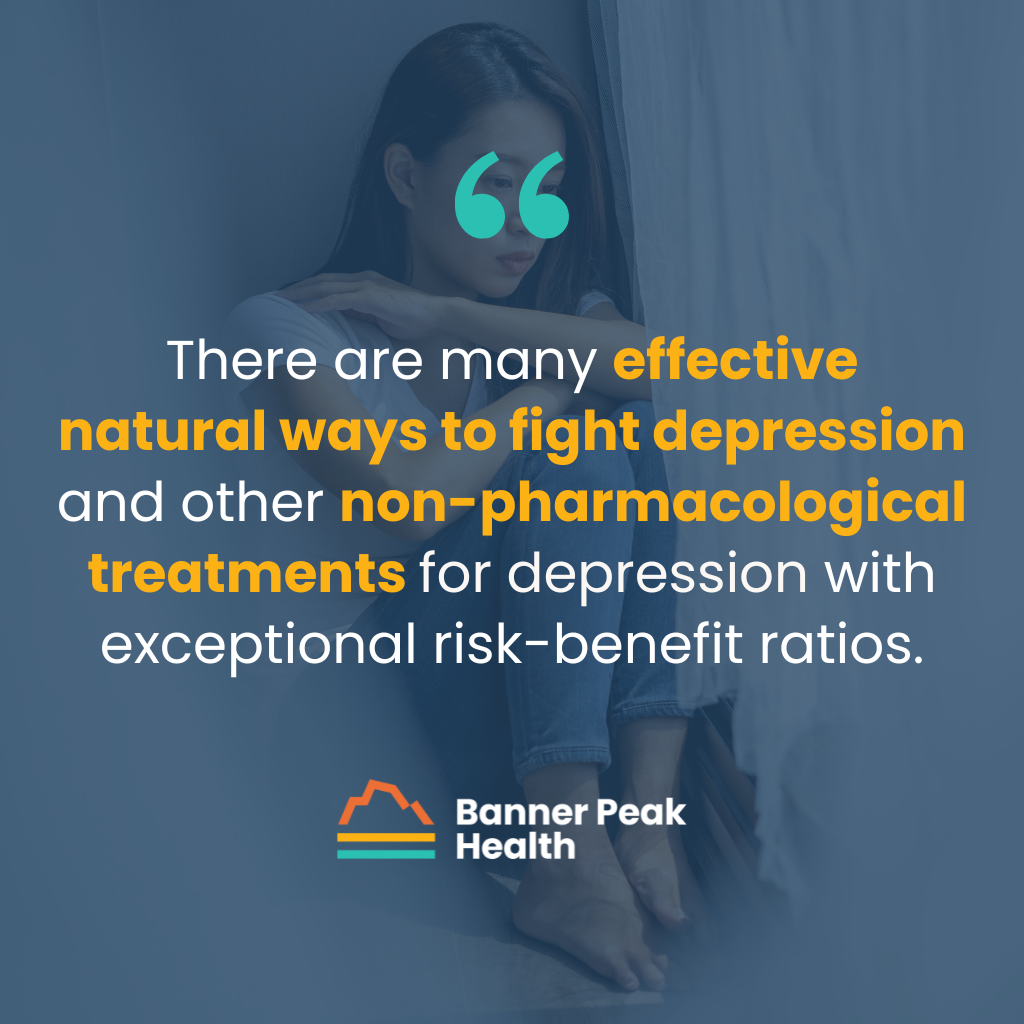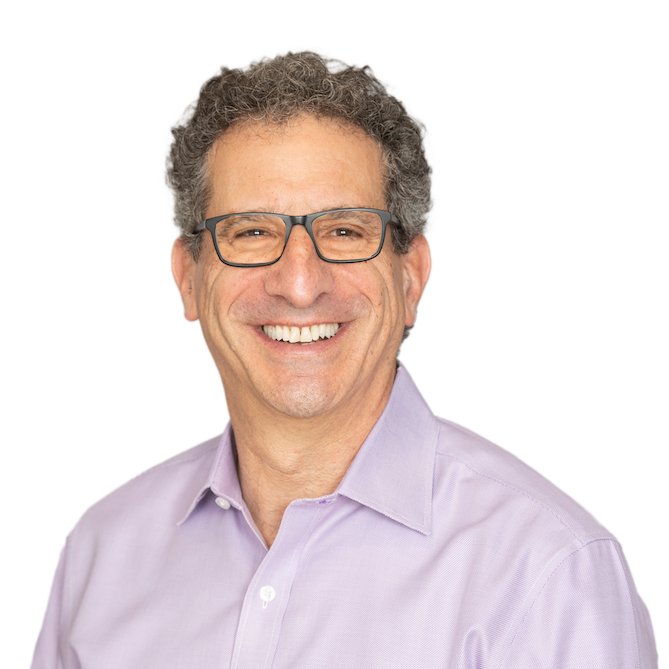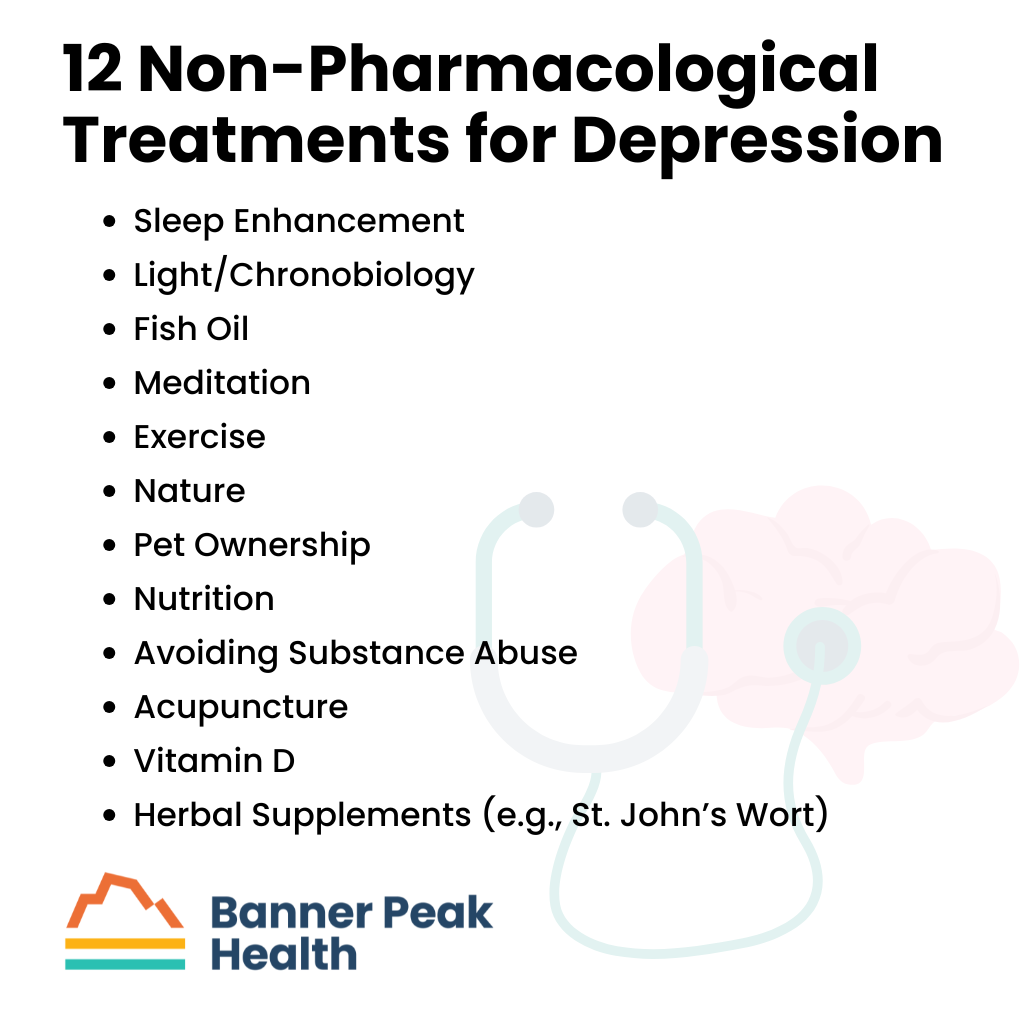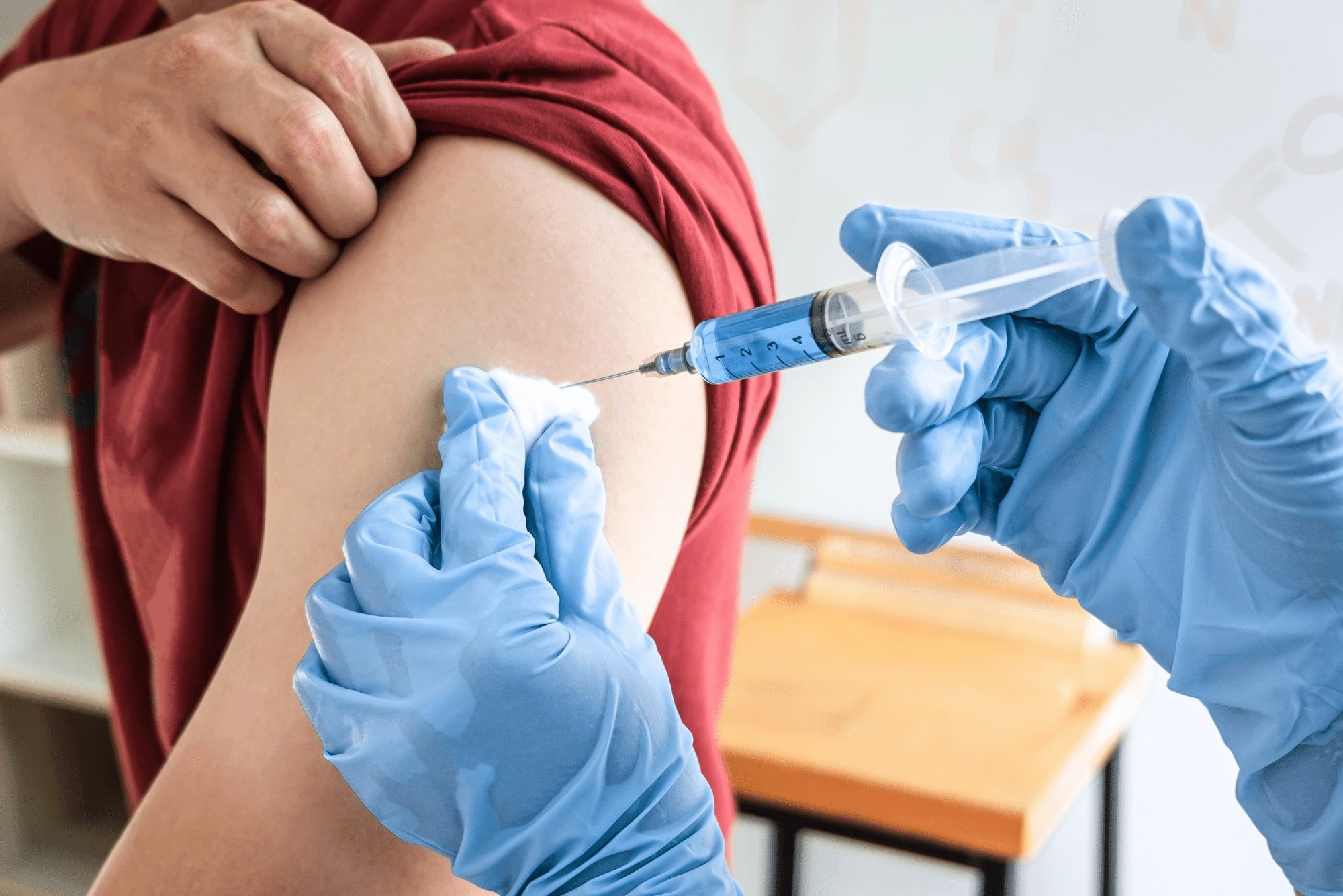Unfortunately, depression isn’t rare. Approximately 3.8% of people experience depression at any point during the year (including 5% of adults), and every individual has a 29% risk of being diagnosed with depression in their lifetime.
Although medication is a common treatment for depression, it’s not a cure-all. The response rate of a major symptom reduction is usually only 50–60%. (A placebo’s symptom reduction rate is 30–40%.)
Introduced in the 1980s, Prozac was the first selective serotonin reuptake inhibitor (SSRI). However, the difference between the drug effect and the placebo was slight, and so few studies showed efficacy that Pfizer had to cherry-pick studies to get FDA approval.
Drugs don’t cure depression. We still don’t understand the biochemistry behind depression, which is why our drugs’ efficacy is so poor.
Therapy has documented efficacy for depression. It’s harder to study than drugs, but medication and therapy combined can achieve up to an 80% reduction in symptom scores.
Because we don’t have a single depression-busting magic bullet, we treat it through stacking (also called the “everything but the kitchen sink” method). By bundling modalities, including natural ways to fight depression, we see more benefits than with any single treatment.
So, can depression be treated without medication? Absolutely.
A Physician’s Caveat
Medical literature offers varying degrees of support for natural ways to fight depression.
The safer a treatment, the more likely I am to recommend it to a patient even if it lacks strong, supportive data. It all comes down to the risk-benefit ratio — if a treatment’s risk is low enough, I’ll try it.
These therapies are safe, and I’m not bothered by the paucity of data on their efficacy. That said, don’t consider or use them in lieu of medication or therapies prescribed by your physician. Talk to your doctor first.
12 Non-Pharmacological Treatments for Depression
The following are my top recommendations on natural ways to fight depression and other non-pharmacological treatments for depression:
Sleep Enhancement
Sleep impairment is associated with emotional illness, including bipolar disorder and depression. Any action taken to enhance sleep mitigates these conditions’ symptom burden.
Every other treatment on this list improves sleep.
Light/Chronobiology
Circadian rhythm is a large component of emotional illnesses such as bipolar disorder and depression. Re-synchronizing your circadian rhythm with light therapy can play a prominent role in these therapies.
At Banner Peak Health, we recommend the TUO light bulb to help re-sync your circadian rhythm. Get as much morning light as possible, and be cautious of using sunglasses during the first few hours of the day. Morning light is a powerful signal for your circadian rhythm.
Fish Oil
While literature supporting its effects on the heart is controversial, literature supporting fish oil’s antidepressant effects is strong. Just one to two grams daily helps manage depression (and may also improve your heart health).
Meditation
Mental health is associated with greater sympathetic discharge (cortisol, stress, and anxiety). Meditation, including breathing exercises, reduces your stress response and improves your mental health.
Exercise
Aerobic and strength training exercises reduce stress, enhance sleep, and improve mood. It’s a valuable weapon in the fight against depression.
Nature
We’ve evolved over hundreds of thousands of years to exist in nature. Our urban environment is so new that we haven’t evolutionarily adapted to it yet. Exposing yourself to nature helps you harness your evolution to your benefit.
Pet Ownership
People who own pets or even have access to visiting pets in nursing facilities have better mental health.
We live more solitary lives than ever before in our evolutionary history. Any contact with human beings or pets connects us to how we evolved to survive, both physically and mentally.
Nutrition
When our mental health declines, we crave substances like sugar, fats, and caffeine that worsen, rather than improve, our emotional state.
To improve your mental health, adopt a healthier diet.
Avoiding Substance Abuse
When we’re not feeling our best, we gravitate toward substances that hurt our mental health. We’re better off when we eliminate marijuana, alcohol, nicotine, and other counterproductive exogenous substances from our lives.
Acupuncture
Acupuncture is a proven non-pharmacological treatment for depression. Anyone who’s had it has felt its calming, centering effects. It’s worth a try if it’s available in your area.
Vitamin D
Higher vitamin D levels are associated with many better medical outcomes, including mental health. However, whether taking supplemental vitamin D improves medical outcomes remains controversial. Fortunately, taking supplemental vitamin D is safe in almost all circumstances.
Of note, please discuss this with your doctor, as there are some rare conditions in which over-the-counter vitamin D may not be helpful.
Herbal Supplements (e.g., St. John’s Wort)
St. John’s Wort is one of many substances and herbal supplements recommended for treating depression. However, the data documenting their efficacy is meager, and the side-effect ratio for some supplements is not as benign as other modalities we’ve discussed.
For example, St. John’s Wort can cause the following side effects:
- Headaches
- Dry mouth
- Confusion
- Anxiety
- Stomach upset
- Drug interactions
I’m including St. John’s Wort and other herbal supplements for completeness, but the risk-benefit ratio is not as good as the other modalities on this list. People inevitably ask about them, but I’m not bullish on them.
Today’s Takeaways
Stress and depression are ever-present in our modern world. Fortunately, there are many effective non-pharmacological treatments for depression with exceptional risk-benefit ratios.
If you’re struggling with your mental health, please reach out to a therapist or schedule an appointment with a Banner Peak Health physician. We’re here to help.
If you need immediate assistance or know someone who does, help is available 24/7 at the Suicide and Crisis Lifeline. To access it, dial 988 from any phone.


Barry Rotman, MD
For over 30 years in medicine, Dr. Rotman has dedicated himself to excellence. With patients’ health as his top priority, he opened his own concierge medical practice in 2007 to practice medicine in a way that lets him truly serve their best interests.




